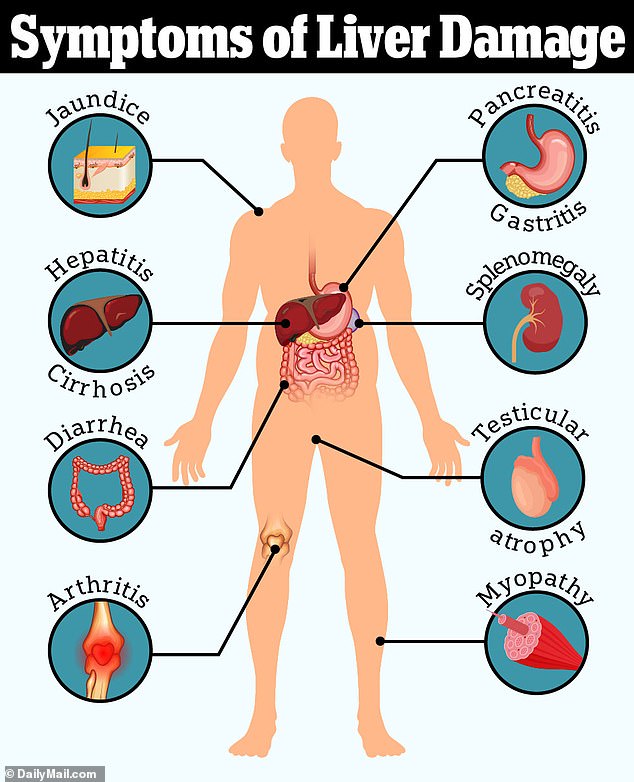A daily dose of turmeric – the golden spice found in curries – may help people shed pounds and slim their waistlines, new research suggests.
Scientists pooled results from 20 gold-standard clinical trials and found that supplements containing turmeric or its active ingredient curcumin led to significant drops in body weight and belly fat in those with type 2 diabetes.
On average, patients who took the spice lost nearly 2kg (4.1lb) more than those given a dummy pill.
Waistlines shrank by almost 2cm (0.75in), while body fat percentage fell by around three per cent.
For those with prediabetes – the condition that often precedes full-blown diabetes – the effect was slightly greater, with average losses of 2.5kg (5.5lb) and waistlines more than an inch smaller.
The review, published in Nutrition & Diabetes, analysed trials lasting between eight and 36 weeks, with daily doses ranging from 80mg to more than 2,000mg.
Supplements are widely available on the high street, with Holland & Barrett, for example, selling a bottle of 90 capsules for £14.75 – working out at just 16p each.
Experts stress the results, while promising, are modest compared to the new generation of weight-loss jabs such as Ozempic and Wegovy.


While researchers have suggested the simple supplement can aid weight loss, some experts are still weary and have warned it is not safe for some individuals
Patients prescribed semaglutide typically lose 15 to 20 per cent of their body weight – the equivalent of two or three stone – compared to just 4–5lb with turmeric.
Nutritionist Dr Adam Collins, from the University of Surrey, said: ‘Whilst the outcome is attention-grabbing, it is interesting to see weight loss appears to occur primarily in individuals who were non-obese (BMI less than 30).
‘Turmeric’s effects on fat burning are speculative, based largely on animal and cell studies.’
Professor Tom Sanders, emeritus professor of Nutrition and Dietetics at King’s College London, added: ‘The average weight loss of 1.9kg was very modest.
‘Because turmeric is bright yellow, it is difficult to blind participants from their treatment. Indeed, most studies showed no useful weight loss.’
Independent expert Dr Thomas M. Holland, from Rush University in Chicago, said: ‘Even minor improvements in central obesity can reduce metabolic and cardiovascular risk.’
Researchers and charities also warn that turmeric supplements are not safe for everyone.
According to the NHS, people with gastrointestinal issues, liver problems, bile duct obstruction, gallstones or biliary disease should avoid them.

The British Heart Foundation cautions against combining turmeric with blood-thinning drugs such as warfarin, as this could raise the risk of dangerous bleeds.
Pregnant women are also advised not to take high doses.
There have also been rare reports of serious liver damage linked to high-dose curcumin, particularly when combined with black pepper extract (piperine), which can increase absorption twenty-fold.
Dr Dina Halegoua-DeMarzio, of Thomas Jefferson University in the US, explained: ‘In some people, taking one pill of curcumin with pepper could be as potent as taking 20 pills at once with curcumin alone.’
Most side-effects reported in the trials were mild – including stomach ache, constipation, itching and nausea.
Experts stress supplements are not a substitute for a healthy lifestyle or medical treatment.
But for millions struggling to keep their weight under control, the humble curry spice may offer a small, safe boost – as long as it’s taken with caution.